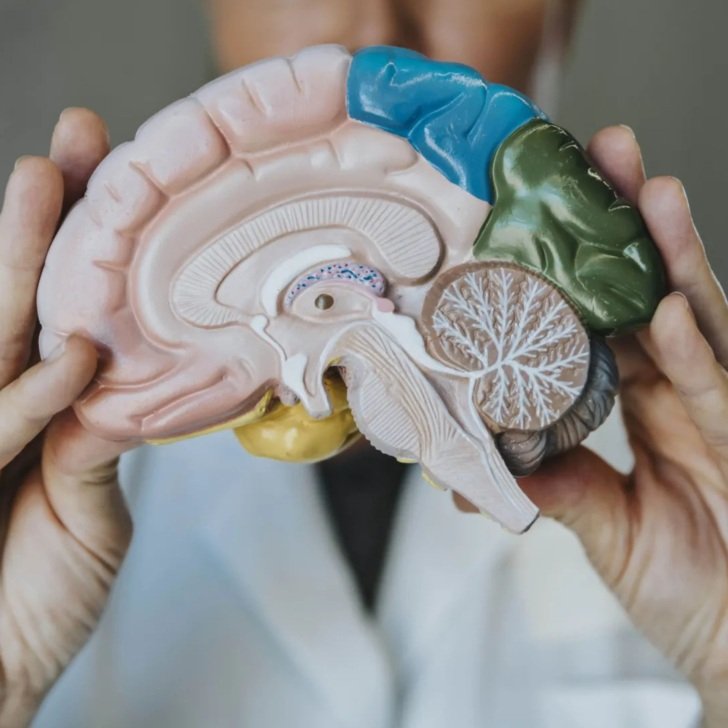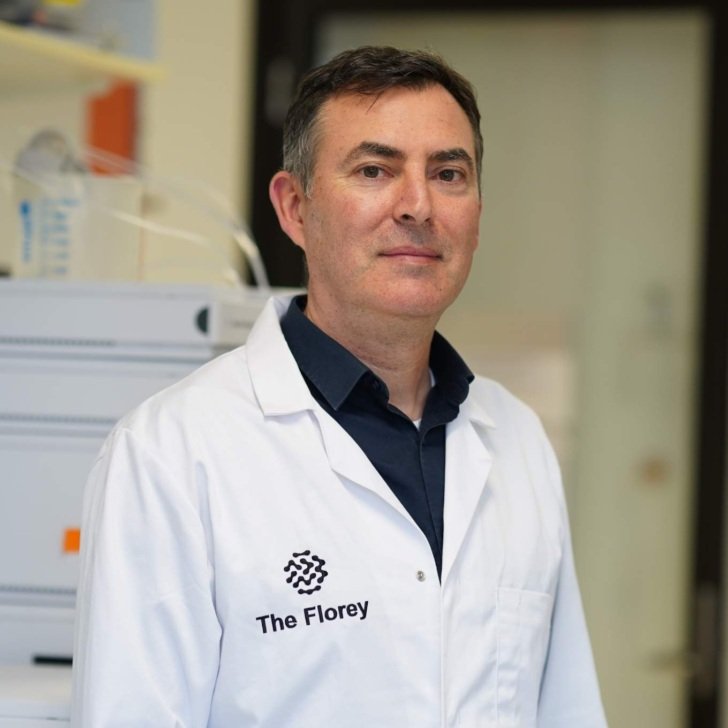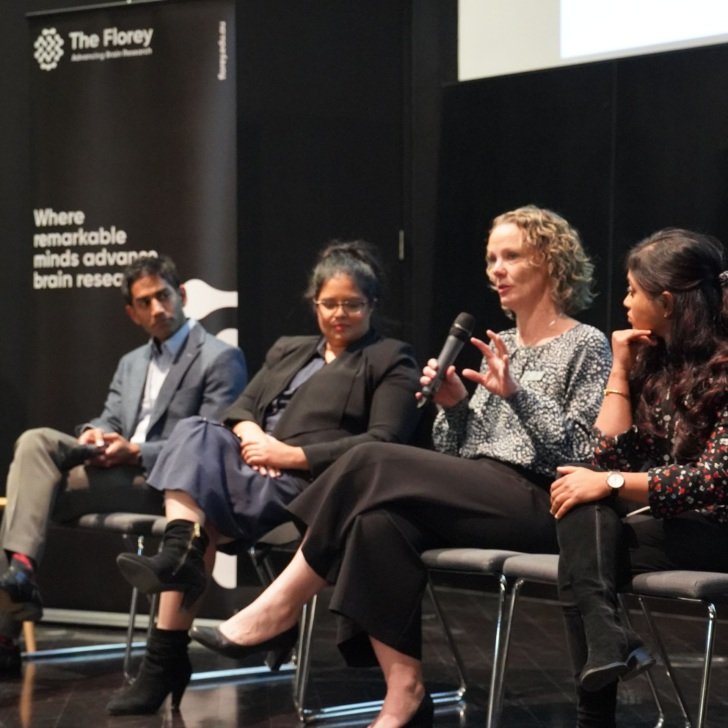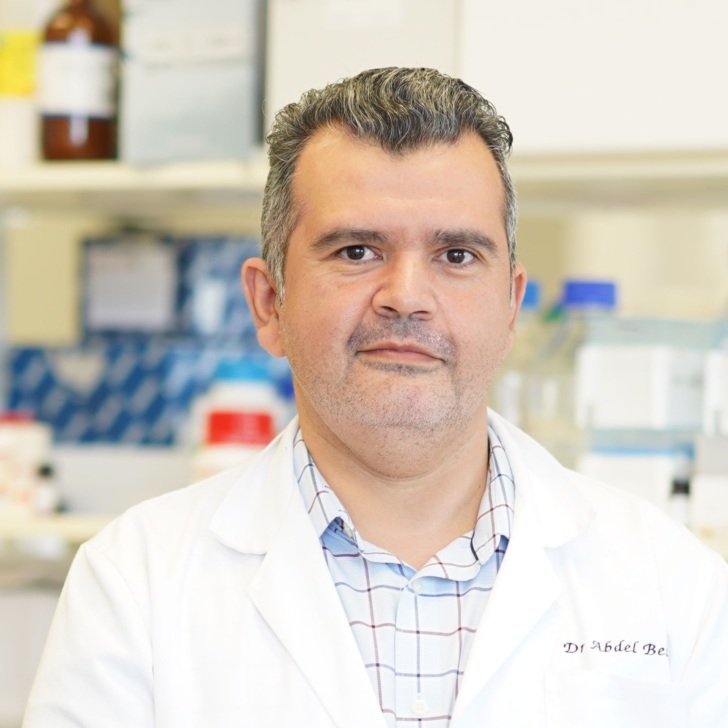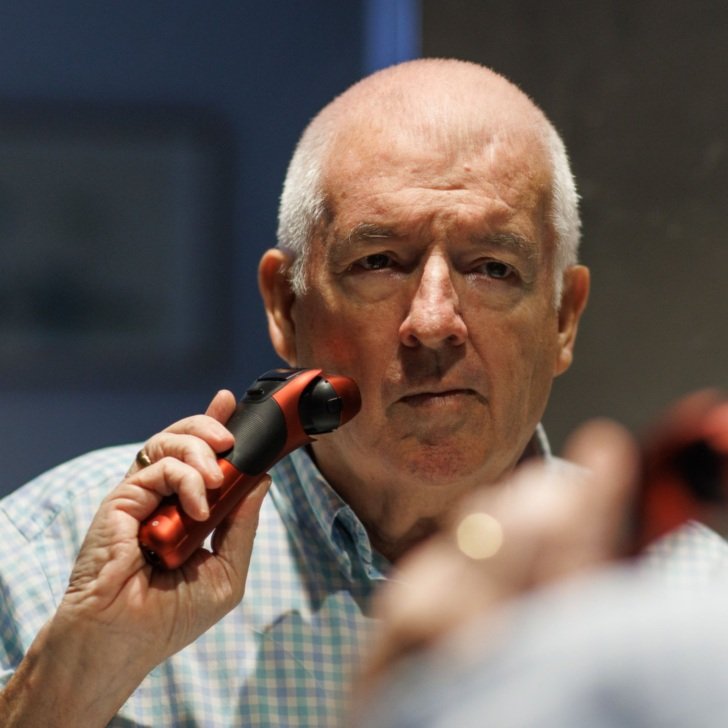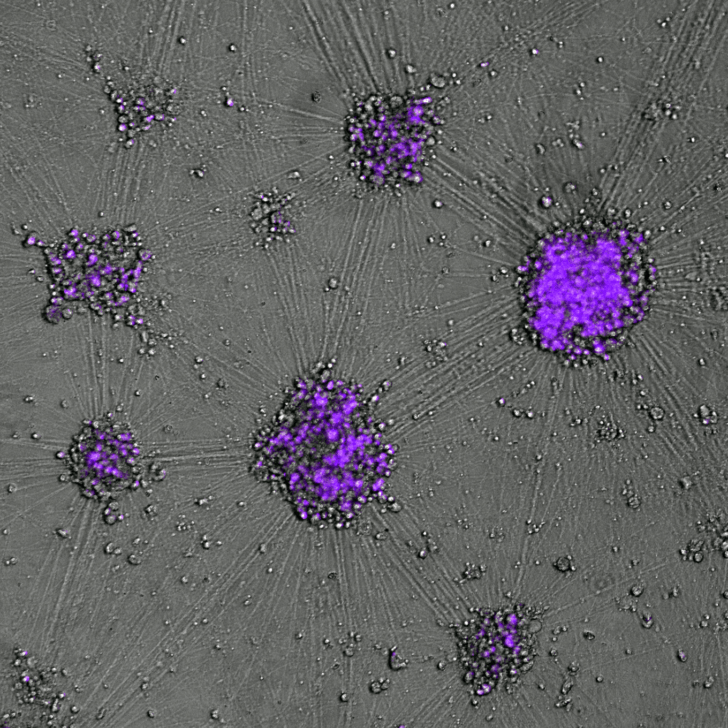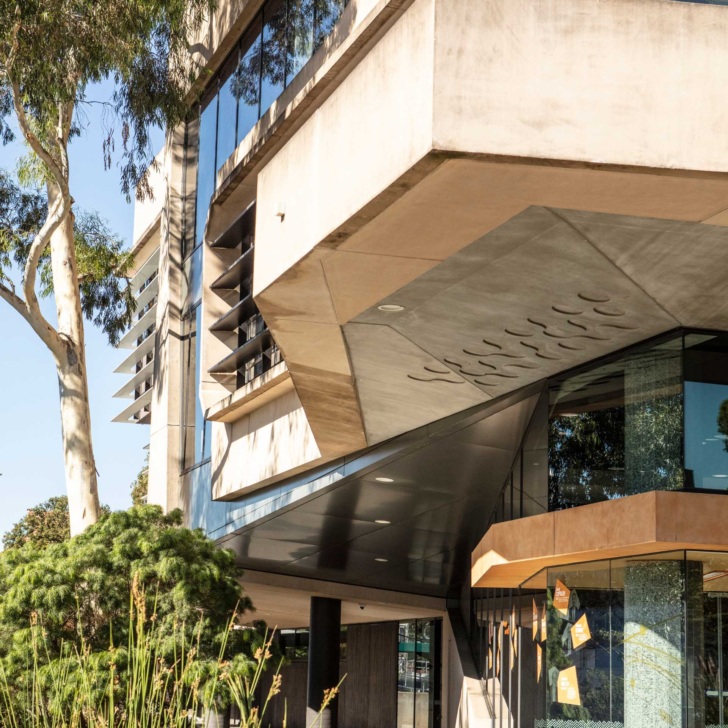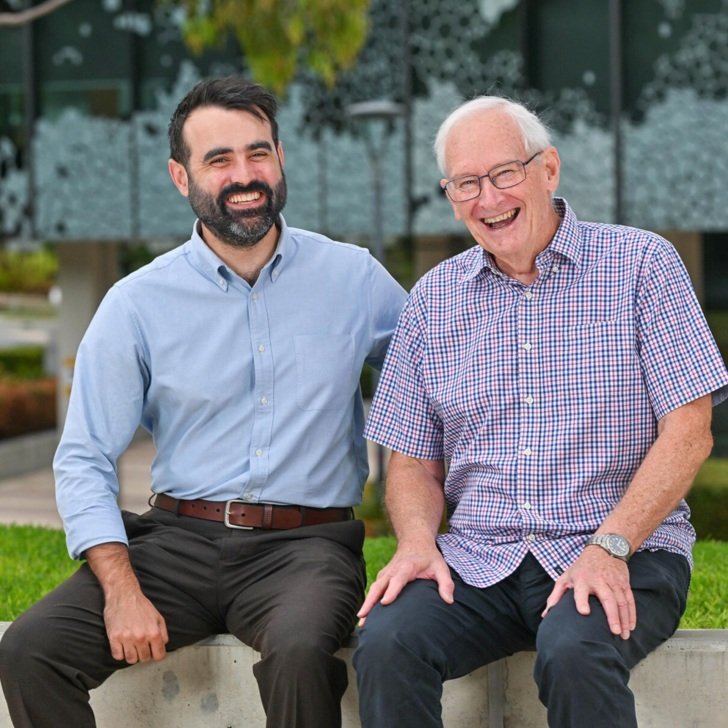- Associate Professor Justin Rubio and Dr Sarrabeth Stone have received funding to accelerate research into multiple sclerosis.
- Their work will look at potential new drug targets that may slow or prevent disease progression, and how microRNA can be used to repair myelin.
Accelerating research into multiple sclerosis
Florey researchers Associate Professor Justin Rubio and Dr Sarrabeth Stone have been awarded a combined total of $900,000 to propel research looking into treatments for multiple sclerosis.
Associate Professor Justin Rubio has been awarded $650,000 from MS Australia for research leading to new effective drug targets that aim to slow or prevent progression of the chronic central nervous system disease, multiple sclerosis (MS).
The researchers will identify the genes involved in repairing the damage caused to myelin – a substance that wraps and protects parts of our brain cells – by inflammation that occurs in the brain of people living with MS. These are the genes involved in the progression of MS, the most difficult stage of MS to manage.
The collaborative project between Professor Trevor Kilpatrick, Florey Director and Professor Stephen Leslie, University of Melbourne, will integrate different types of genomic data, from single cells and human populations, to discover new genes for progressive MS.
The researchers will then conduct gene targeting in human stem cells using cutting-edge lab techniques to explore the function of the genes using methods that replicate features of MS.

“We are seeking to increase understanding of the biology driving MS progression through gene discovery and translate this into therapeutic targets for medicines that can repair damage caused by inflammation in the brain,” Associate Professor Rubio, Neurogenetics Group Head at The Florey, said.
It is expected that this will build the case for translation into clinical trials where newly developed drugs are tested in people living with progressive MS in the hope slowing or preventing progression.
Dr Sarrabeth Stone, postdoctoral researcher at the Florey was awarded $250,000 to investigate how microRNA, can be used to direct microglia to efficiently repair myelin.
MicroRNA is a small molecule produced within our cells that controls cell function by regulating gene expression, and is dysregulated in MS.
By controlling the level of specific microRNA in microglia we can induce them to promote repair in the brains of people with MS.
This research will open new avenues to novel therapies that promote and repair regeneration in the brain and spinal cord of people with MS.
Current treatments can reduce symptoms in some types of MS, but they do not prevent long-term damage and do not work in all people with MS, particularly those with progressive forms of MS.
New treatments that protect and repair the brain are desperately needed to prevent the accumulation of disability caused by myelin damage.
Dr Stone’s work seeks to address this clinical gap by identifying microglial microRNAs that promote brain repair with the hope of developing a new treatment for MS.


